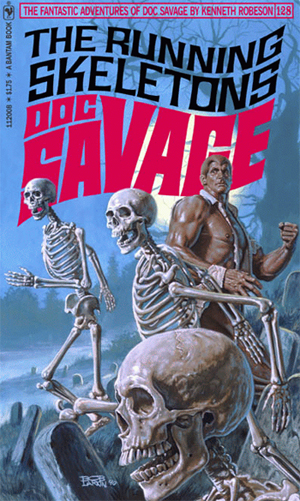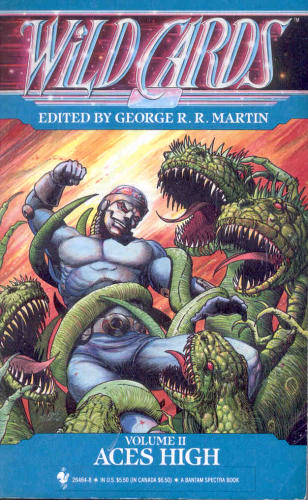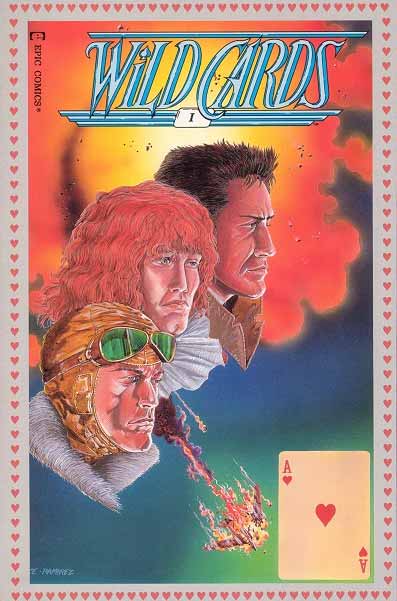Editor's Note: Today, longtime Superman fan and vehement critic of grim and gory storytelling
MattComix shares a thorough analysis of the
Man of Steel. If you are familiar with Matt's opinion on the New 52 and grimdark storytelling, I think you will find his review quite surprising. It's not what I expected!- Jim
Superman is an easy target. In the modern era he gets trashed on for everything from his conscience to his costume. Yet, even in the age of grim and grit Superman still has a place in peoples hearts all around the world that Batman and Wolverine will never know. Because he is everything the superhero is about. You don't have to be a fan but if you hate him I think you have missed the point of superheroes entirely. Granted, Hollywood has often not been the best about presenting that point to the masses.
When it was announced that the Nolan/Goyer machine was behind the latest Superman project I can't say I was enthusiastic about the prospect. Then I saw the second and third trailers which gave me a touch of hope about the thing. Sure there was the now requisite posturings of "realism", but even with all of that there was a core of humanity there that seemed to be sincere. With at once both nagging dread and cautious optimism I went in to see the movie. So where does the Nolan/Goyer/Snyder joint called Man Of Steel ultimately fit?
What I liked:
Henry Cavill as Clark Kent/Kal-El/Superman: The casting of this man is the single smartest decision made on this entire project, full stop.

He is the right actor for Superman and if you've seen him interviews you know he's also a good custodian of the part who conducts himself with a kindness and class that befits the role he has inherited. If anything the script does not take enough advantage of the Superman that it is so lucky to have. Between the guys looks and his seemingly natural ability to portray a man of conscience with powers and abilities far beyond mortals I have to say that the role finally has a worthy successor to Christopher Reeve. Remember I said successor, not replacement. There will never be that. Ever.
The rest of the cast: I really like the cast of this movie with one slight exception that I will talk about later.
Michael Shannon is no Terrance Stamp but I think he delivers on the part as written and does a good job of giving this Zod the slightest glimpse of humanity without making him too sympathetic.
Russel Crowe Jor-El has a touch of Maximus to him but it works for a Jor-El who is as much a man of action as he is of science.
Kevin Costner's Johnathan Kent seemed to me almost like a middle ground between the folksiness of Glenn Ford and the protectiveness of John Scheinder.
Diane Lane still seems far to beautiful to be playing the aging mother of Clark Kent but she does very well as both younger and older Martha. I also want to give high compliments to both the actors who played the younger versions of Clark.
Lawerence Fishburne as Perry White may lack the Great Ceaser's Ghost bravado of Jackie Cooper but he is very believable as the hard boss and stern father figure of the Daily Planet who holds all this reporters to a very high standard.
Krypton: This movie really returns Superman to his roots in sci-fi. This is a Krypton that combines liquid metal computers with flying lizards.

That combo of fantasy and science is exactly in the tradition of Flash Gordon and Buck Rogers comic strips Jerry and Joe were geeking on during the era when they created Superman. It does not do literally so much as I think it is in the same spirit. One of the things I look for in any version of Superman's origin is how well they do what I call the "goodbye scene". When Lara pleads with Jor-El to let her hold her baby just one more time, well that got me in the way that just about any incarnation of the goodbye scene always does.
 The Suit.
The Suit. This was something I really needed to be sold on because I make zero apologies for being a purist when it comes to Supermans classic costume. With that said however, if there must be a modernizing of Supermans costume I will take MOS suit any day of the week over the Nu52 version. I would only ask that please for the love of god stop de-saturating the damn thing.
I'm quite thankful that it doesn't have that de-saturated look except for a few points in the movie so it seems to mostly be a thing that happens in promo photos and art. When the red and blues of the suit are allowed to pop the overall design really starts to come together into something that looks like Superman! I still love the idea of his coming up with the costume with Ma and Pa Kent as he did in 1986's Man Of Steel no. 1, but the concept of this basically being the way Kryptonian's dress is an interesting one and well executed here even despite having to believe an alien glyph would look at all like our letter S.
Production/Direction/Script. Snyder is really the movie equivalent to an Image artist being put on a DC character. He can provide some great visuals but he really needs someone around who can and will reign him in, make him think about what he is doing, or even just say "no" to him. That seems to be the influence Nolan and Goyer have or maybe they just balance each other out well by giving Zack's visual sensibilities an actual story to build them upon. Yet those same sensibilities also keep Nolan and Goyer from disappearing too far up their own pretentiousness.
The Score by Hans Zimmer. There is nothing here that will de-throne John Willams score from the Donner films. However the music works every well for the film and I finding myself becoming ever more addict to the track titles "An Ideal Of Hope". I think what I enjoy most about it is that the music evokes the feeling of soaring into the air at super-speed while simultaneously evoking the feeling of coming out a period of sadness and into triumph. This theme also has a memorable hook to it which was something i found lacking both in Zimmers previous work and most modern movie soundtracks in general. "An Ideal Of Hope" is not constructed as a theme quite the way John William's was, but it has a theme inside it. Something that will your ear will connect with as being this Superman's theme.
What I thought Could Have Been Better:
Action Scenes/Disaster Porn. The action in this movie is cool in a comicbooky way that I enjoy but I do think a better effort should have been made to either show us Superman trying very hard to get the fight out of the city or even have a line of dialog about the city being evacuated so that we could in our minds imagine that many of the people got out before the major destruction started. Which is plausible IMO that they had when the terra-forming started well before the big throw down between Superman and Zod.

In classic comicbook superhero action sequences stuff gets broke. A lot. But in that very fantastic, even slightly cartoony context it is something that is usually not meant to be taken with total weighty seriousness. All the streets are usually magically fixed by the time the next issue and the next super brawl rolls around. It's just part of the stylization of the genre. The fight scenes in superhero stories are there for action, something fun that is ideally acting as dramatic punctuation to the conflict rather than a glorification or deep examination of violence. Obviously there are exceptions to this and in modern comics there far, far too many instances of pimping realistic or even horror movie levels of gory on-camera violence like it was standard superhero action.
It's ok to have Superman cut loose sometimes but he can't be looking careless about it. Especially if the level of devastation makes 9/11 look like a toddler knocking over a stack of Legos. I like action and have wanted to see Superman punch stuff as much as the next fan BUT this really needed to be streamlined some, and in general just had more thought about how these action scenes relate to the character and what he's about. They are not bad they just suffer from being a bit careless.
I think though at the end of the day what people are really reacting to (and some sadly blaming Superman for) is the fact that if a super-powered brawl were to actually happen, it would suck. It would not be fun for anyone. They are entertaining in fiction but this is simply not something you ever want to happen in real life.
Lois Lane: Amy Adams is a good actress but I'm still not completely sold on her in the part and I honestly don't know if it's anything do with her performance or if it's more the script. It could be argued that women have very little do to in this movie but look on in awe as a man does something and Amy's Lois suffers from that a bit. It's not a deal breaker so much as a missed opportunity.
What I Did Not Like:
Super Jesus/Moses Man. While there is some parallel between Moses and Christ in the story of Superman I think it's time for a moratorium on gratuitous messiah imagery and references in Superman stories. The Donner movies pushed that about as far as it can or should go. Besides religious allegory is not strictly required to convey the idea of Superman as an inspiring figure that people will rally behind. Let me be clear though that this is not a anti-religious stance, it is about a metaphor attached to the character that I think has been overly used, handled with all the subtlety of a sledgehammer to the head, and has totally worn out its welcome as a result.
However in this movie we mainly have two instances of imagery and then just the overall idea that Superman can potentially change the world. This is still a fair distance from Donner film and especially the overwrought Passion Of The Kal-El stuff in Superman Returns.
Things I will miss:
Lois Knows: I freely admit that I enjoy the love triangle.

I don't give any damns that it's not realistic because it's fun and can when done right have some real drama to it. It seems though that in this series of films Lois is someone who is in Superman's corner and looking out for him from a very early point. I'd sooner have this than getting rid of the secret identity entirely which I totally though this film was going to do. With all the talk about realism I though it was going to be the first thing on the chopping block. But I think this is at least a compromise I can live with.
Johnathan Kent: I would have preferred that character had lived so that we could see his point of view evolve from his fear to encouraging his sons heroic efforts.

Also just to have both Kents around as they were in the Post-Crisis comics and to distinguish the dynamic from Peter Parker and Aunt May.
The Thing I Am Undecided About:
Killing Zod: The world of this movie is one where the presence of Superman and the attack by Zod are very likely to be the first super powered things that have ever happened to it. There are no metahuman prisons, no inhibitor collars, no kryptonite, and Zod managed to elude the one shot humanity had at putting the villains back in the Phantom Zone.
This is the creators way of establishing a dramatic, narrative reason of where Supermans code against killing comes from and why he will strive to find a better way. Even though it is not spoken I think Supermans tears in the scene are essentially his saying to himself and to Lois "I have to be better than this."
Now personally I do not think the character necessarily requires a dramatic event to green-light his no killing stance because the idea of someone not wanting to kill for any reason isn't a fantasy construct in need of explaining. It is something many people can and do actually feel. Plus really, Superman only has to kill when the writer says so.

But to be fair, in real life a superhero might have to function a bit more like a police officer. Not in the sense of being a servant of authority but in the sense of a police officer as someone who is there to protect. Ideally they will do everything they can to defuse a situation so they do not have to fight, draw their weapon or fire it. However it is sadly inevitable that such a situation may occur and they have to be prepared to take a life if it means saving others and even themselves. Zods entire character arc in this film is his degeneration from a man who is a military leader to a monster that would kill innocent bystanders just out of spite.
Final Thought:
I never came to comics or superheroes for realism. That was never the point. To me the emotional reality of the characters is the only reality that matters in a superhero story. I go into it ready, willing, and wanting to use my imagination for everything else. Be it laser eyes or glasses as a mask.
I went into this film with a lot of fears that basically the obsession with darkness and realism would basically swallow up everything I ever loved about the character leaving just a brooding protagonist in a grimdark world setting with an "S" slapped on him for marketing purposes and fan recognition.
I was pleasantly surprised to find that instead of darkness the focus was more on giving the film a sense of humanity to contrast how inhuman Krypton had become by the time of its destruction. We see Clark very much as a person, just a guy really. But we go with him on that journey of discovery of himself and his purpose.
I think the films ending line is very appropriate. "Clark Kent, welcome to the Planet". This wordplay sums it up very well. Clark Kent was a guy who did not know who he was or where he fit in. This movie is about Clark finding out who he is. ..and who is Clark Kent?
Clark Kent is Superman.
- Matt
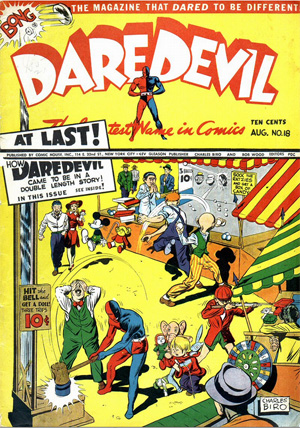
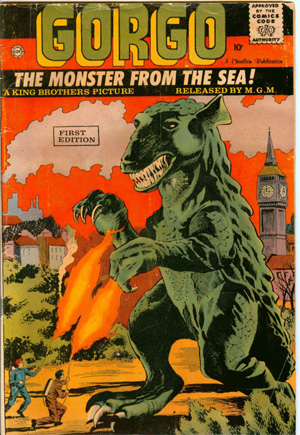
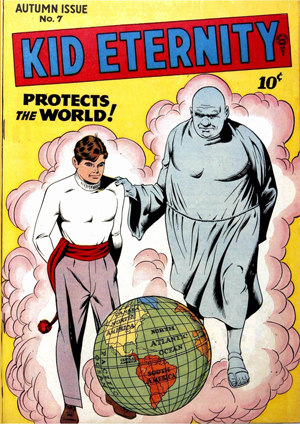
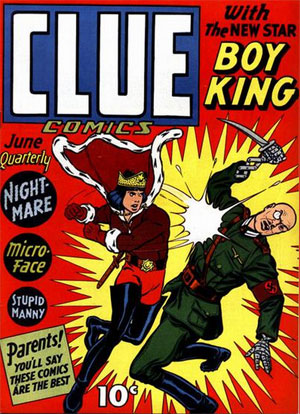
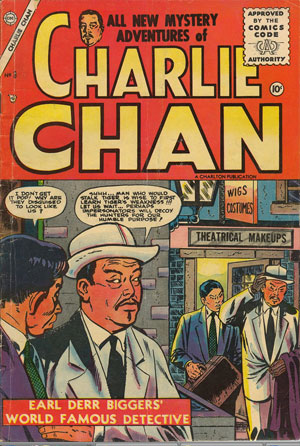
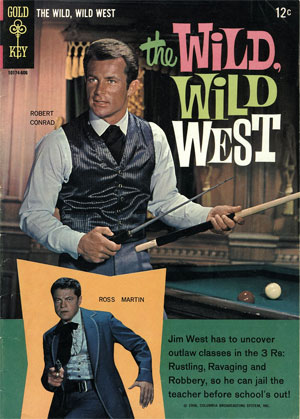
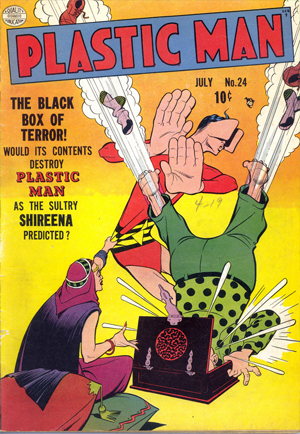
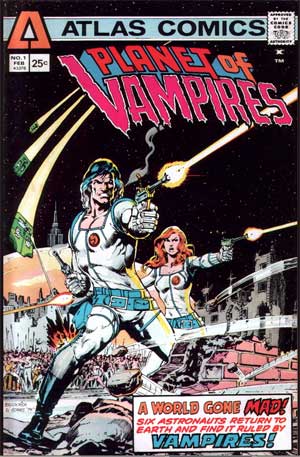
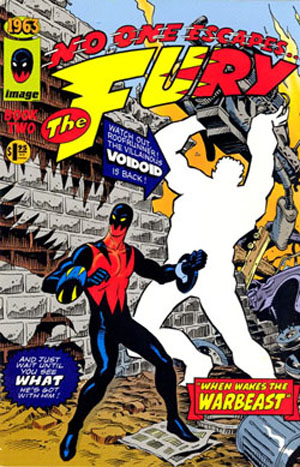
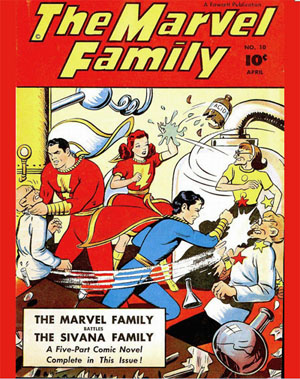



 The Suit. This was something I really needed to be sold on because I make zero apologies for being a purist when it comes to Supermans classic costume. With that said however, if there must be a modernizing of Supermans costume I will take MOS suit any day of the week over the Nu52 version. I would only ask that please for the love of god stop de-saturating the damn thing.
The Suit. This was something I really needed to be sold on because I make zero apologies for being a purist when it comes to Supermans classic costume. With that said however, if there must be a modernizing of Supermans costume I will take MOS suit any day of the week over the Nu52 version. I would only ask that please for the love of god stop de-saturating the damn thing. 













